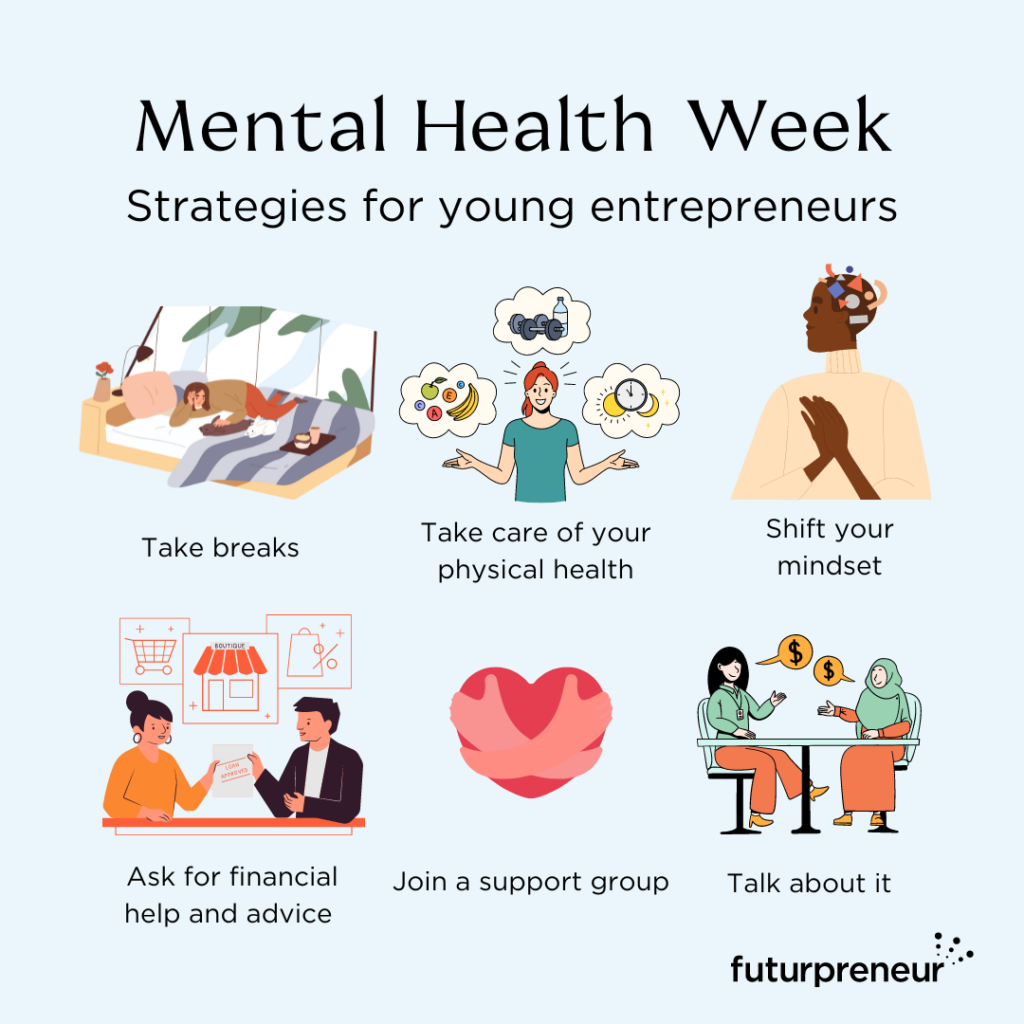- Entrepreneurship
When You’re Stuck, Try Feedback
Roger Connors & Tom Smith, Authors, co-CEOs of Partners In Leadership
Feeling stuck in any area of life—a stalled career, tough office relationships, messy personal life? We’ve spent the last 30 years learning just how to get unstuck and move the needle on even the most stubborn issues—with consistent, well-practiced feedback.
The key: You have to ask for it. It’s really no more complicated than that.
But before you rush out and just blindly ask what others think of you (highly risky without a bit of practice by the way), consider these guidelines from our latest book, The Wisdom of Oz. These 9 proven safety tips will help you get your head right so you can go solicit, respond to, and use feedback to succeed in everything you do:
- Seek it. Feedback doesn’t just happen. You have to make it happen. Help yourself stay unstuck by seeking feedback even when you believe things are going great.
- Have courage. Seeking constructive feedback can be scary. Remind yourself that whoever you’re asking feedback from is already thinking about you and how you do things anyway; you’re just hearing what they already believe.
- Allow awkwardness. Remember that almost everyone fears offering feedback about as much as they fear asking for it. People worry it will backfire, and they value their job or relationship over saying anything—which is why momentum bogs in the first place. Revel in the discomfort and seek feedback anyway.
- Be convincing. You must assure that the person you’re asking understands that you really want to know what they think. Employees, boss, spouse, children—they need to know there won’t be any blowback from you if they honestly tell you how they see it.
- Get positive. Though it might be hard to believe, it’s easier for people to offer positive rather than negative feedback. You have to ask for constructive feedback. Try “What can I do better?” instead of “What am I doing wrong?”
- Listen. After asking for feedback, you need to do the hard part and listen. Really listen, then act on what you hear that makes sense.
- Be grateful. Don’t let constructive feedback, no matter how unpleasant, color your view of the person who’s trying to help. Express sincere gratitude for their willingness to share in the first place.
- Make it a habit. Make getting feedback a habit, not a one-time thing. Ask if it’s okay to follow up, even suggesting you meet again for a reality check just to keep yourself in line.
- Be nice. Finally, be nice to yourself and others. You can’t make any important changes overnight.
Think you are ready for a little feedback? Right out of the gate you might want to select someone you’re comfortable with, then get started by simply asking, “What feedback do you have for me?” You might need to tag it with some context; “What feedback do you have for me on how I handled myself in our sales meeting?” Got it?
Once they’ve picked themselves up off the floor, and once you’ve listened, don’t offer some long defensive response. Just graciously say, “Thanks for the feedback.” Your gratitude will signal you aren’t defensive (even if you really are) and that you are happy they took the time and overcame the risk to share.
Bottom line: Feedback is a principle that if practiced is the key to overcoming blind spots and achieving improved results in all aspects of your life—both personal and professional.





